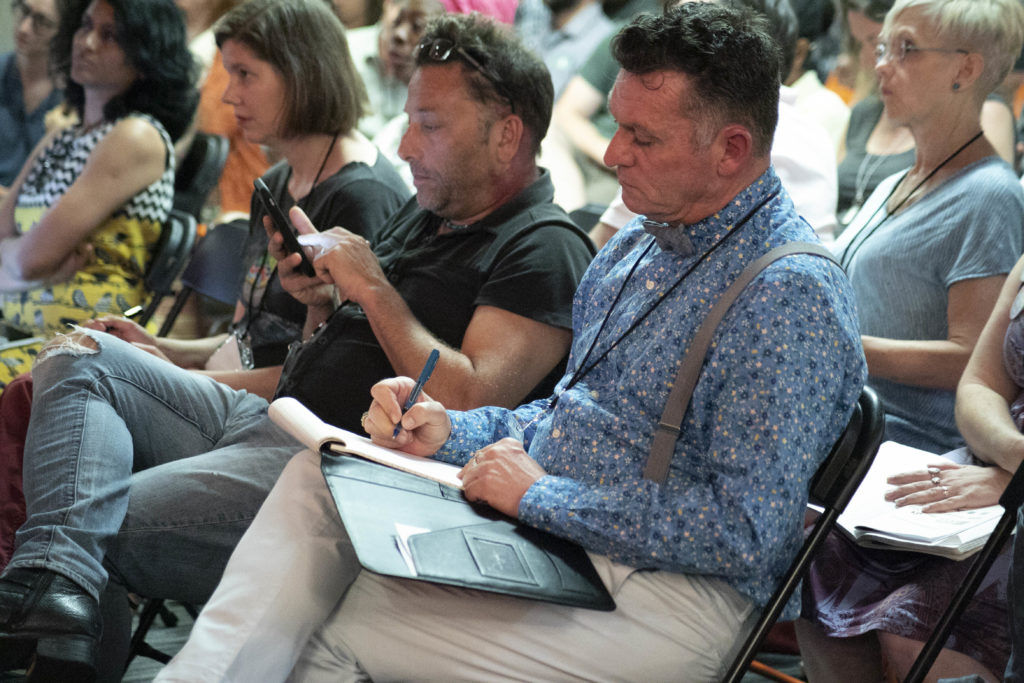
The 5th Annual Southern Documentary Fund Artists Convening took place over the weekend of June 1-3. Documentary filmmakers, producers, distributors, exhibitors, and funders from all over the South converged in Durham, NC for a series of pitches, panels, mentoring sessions, and screenings, with a healthy side of between-session informal networking opportunities. Saturday was focused on the essential but often intimidating subject of documentary funding: where to find it and how to get it, how to handle it once you have it, and how to generate it through marketing and distribution once you finish your project.
While the nuts and bolts of these sessions were invaluable (What does an executive producer actually do? How can filmmakers be creative about funding sources and put together a realistic budget? What are realistic expectations for marketing and distribution, including self-distribution?), I kept thinking about two statements from two different funders on the first panel of the day, both of whom were sharing the things they wanted most to know from a grant application: “Why are you the one to tell the story?” and can you effectively and clearly explain your “big beautiful idea”?
These ended up being two of the unintentional themes of the convening, coming both from panelists as well as popping up in casual conversations. Especially given the context in which these ideas were spoken (on a panel about fundraising), what struck me is that they had nothing explicitly to do with the economics of documentary filmmaking and everything to do with storytelling authenticity and craft, vision and skill, clarity of purpose, and ultimately connecting with a future audience. These questions get to the essence of documentary filmmaking and everything, even funding, ultimately relies upon the filmmaker’s ability to answer these.
Marsha Gordon is a board member at Southern Documentary Fund and Professor of Film Studies at North Carolina State University.


